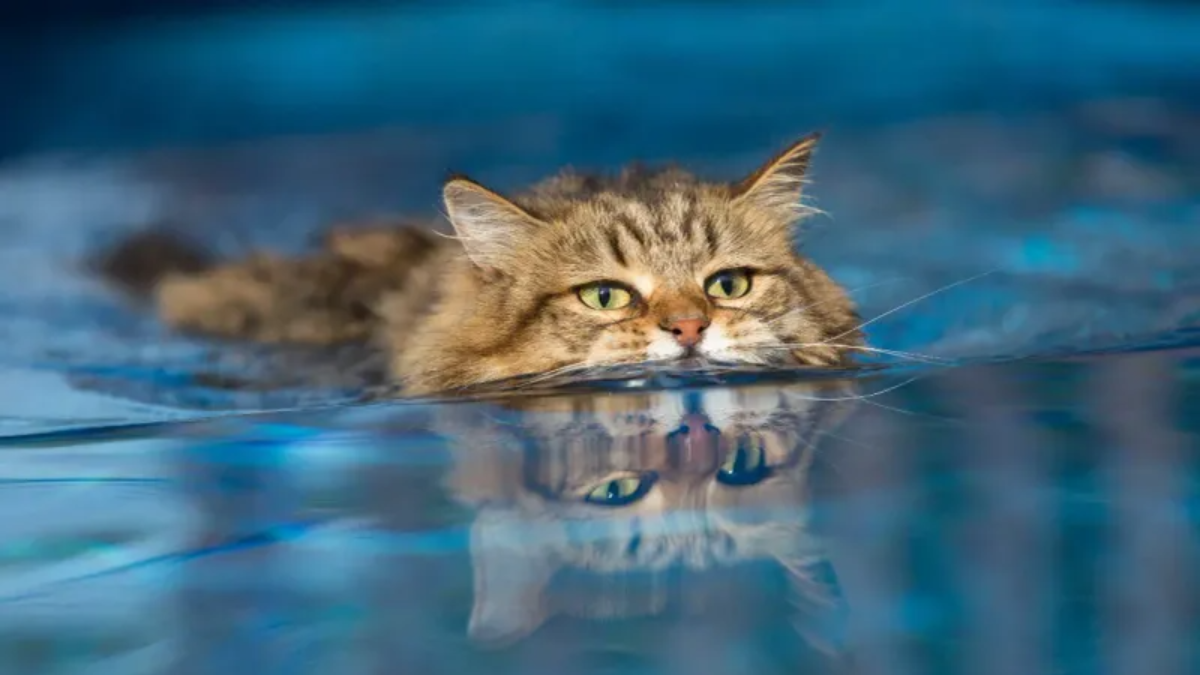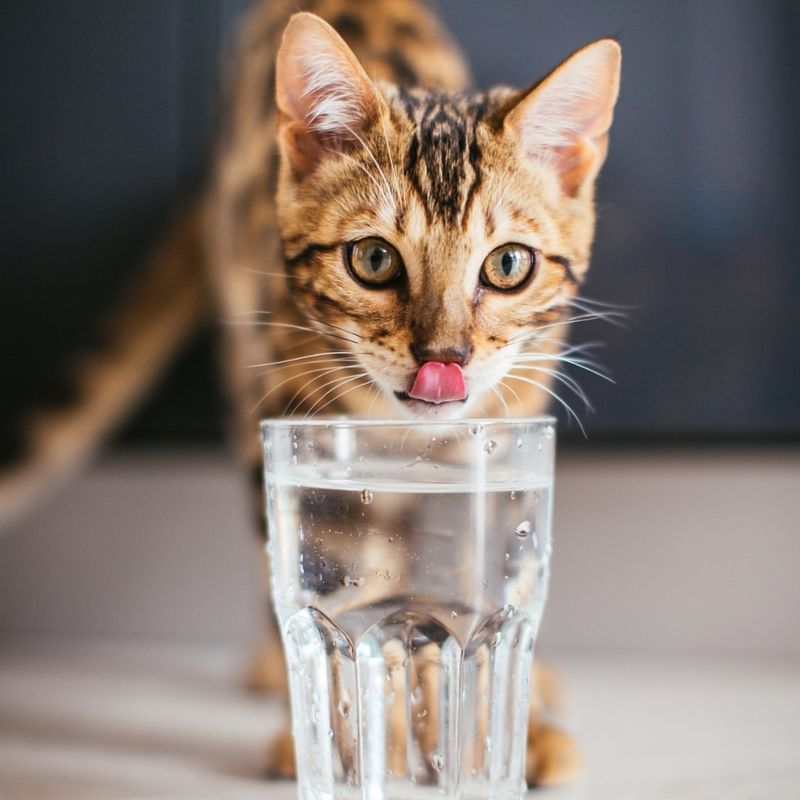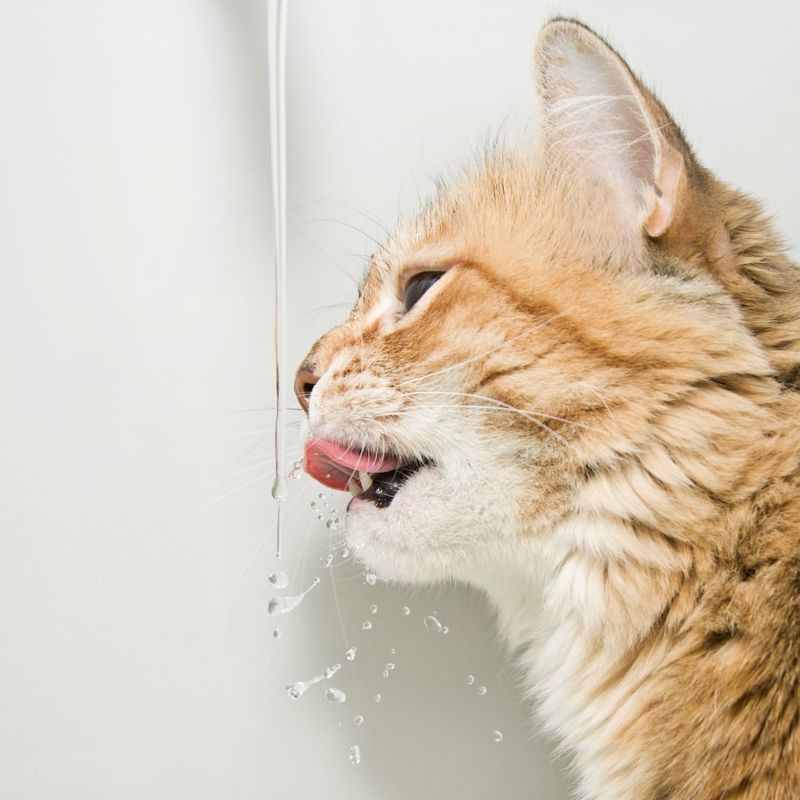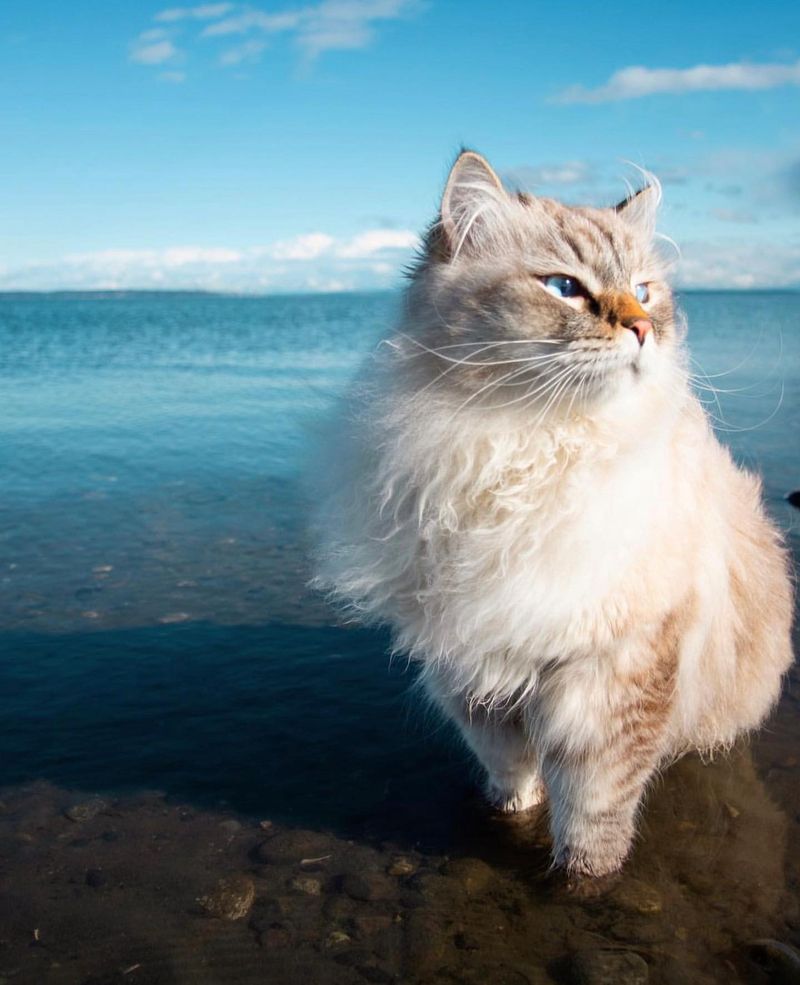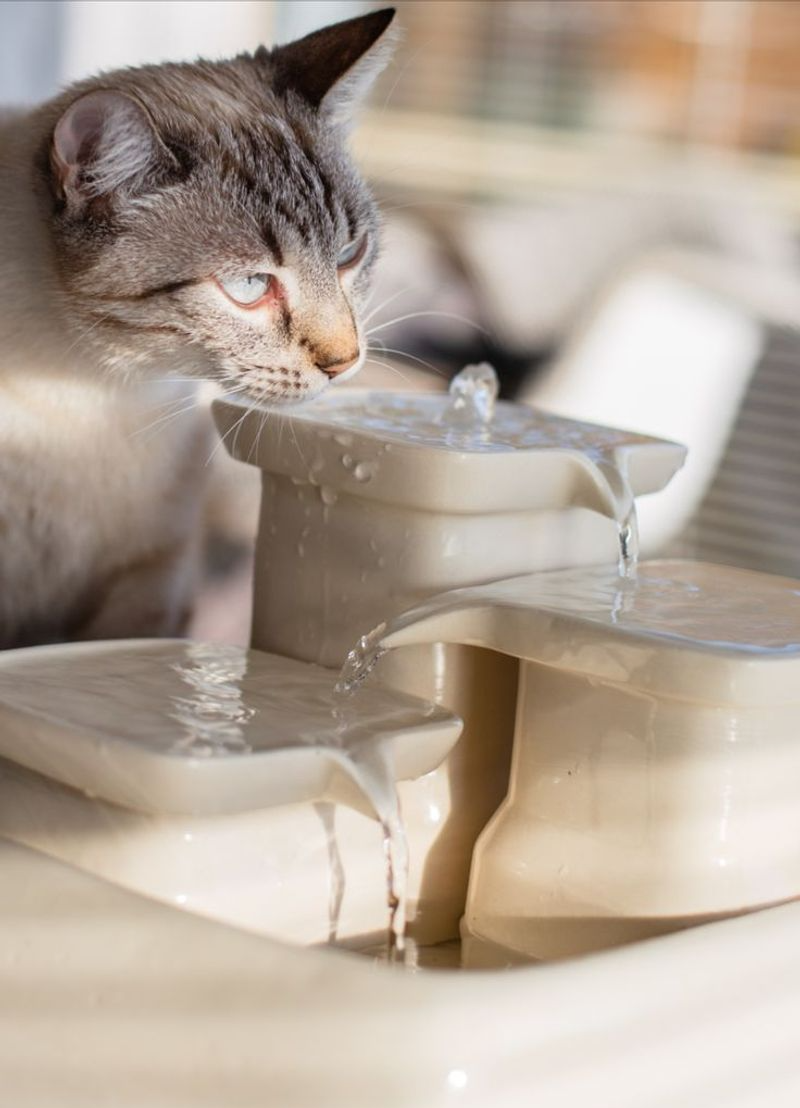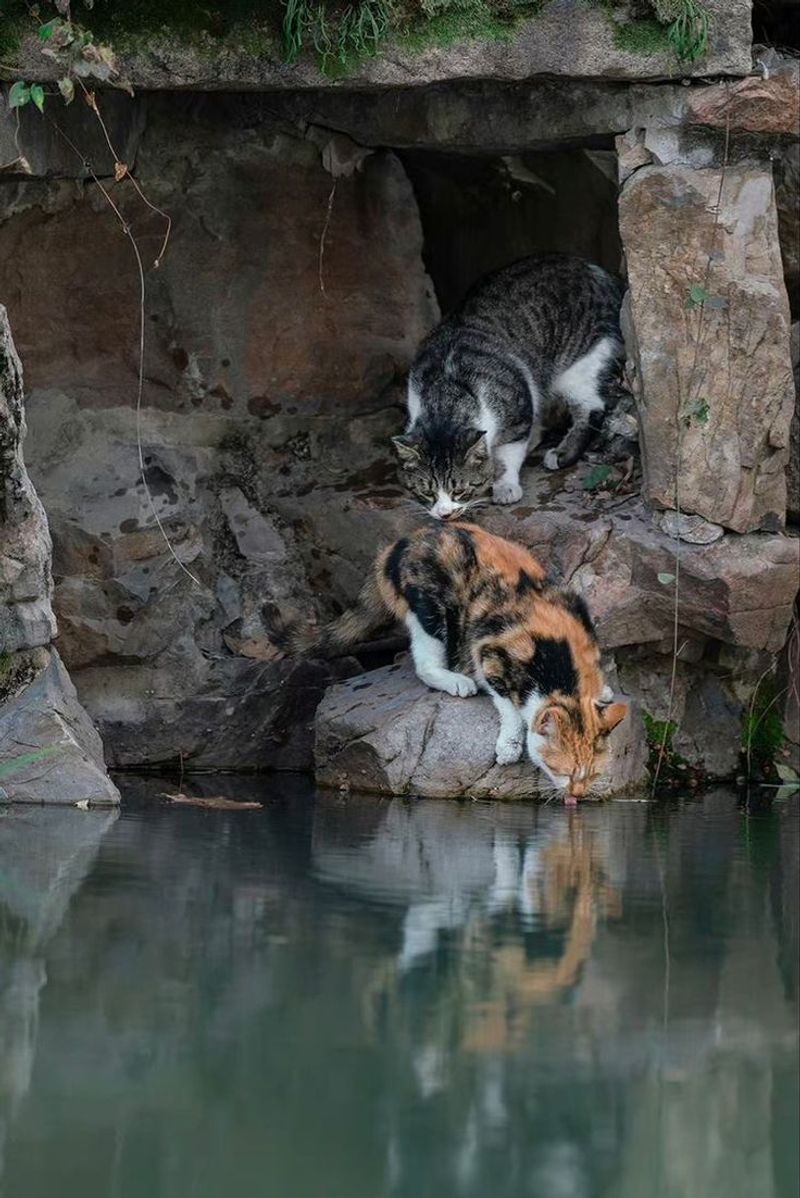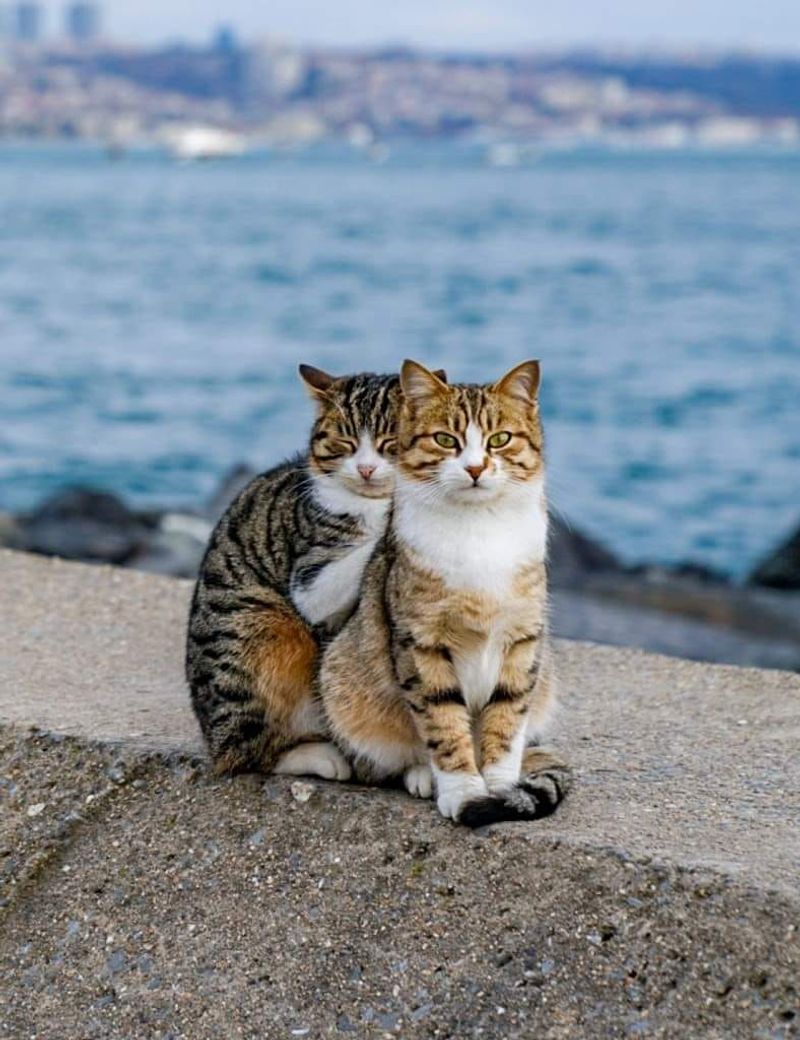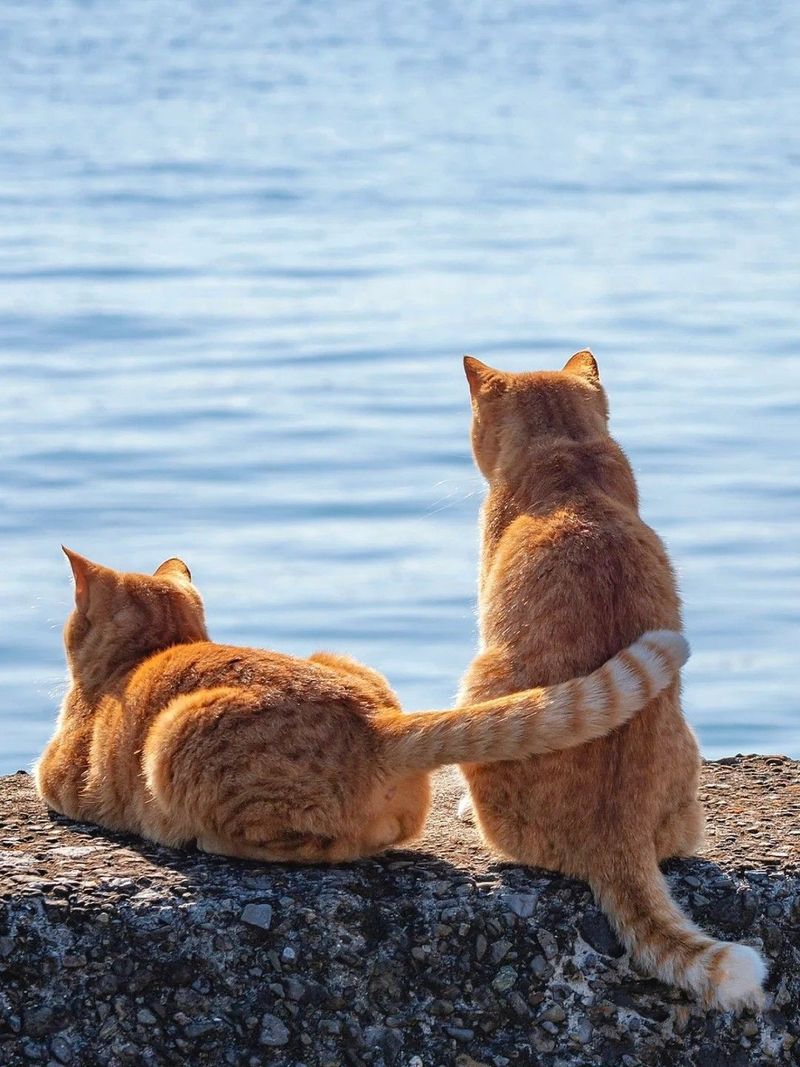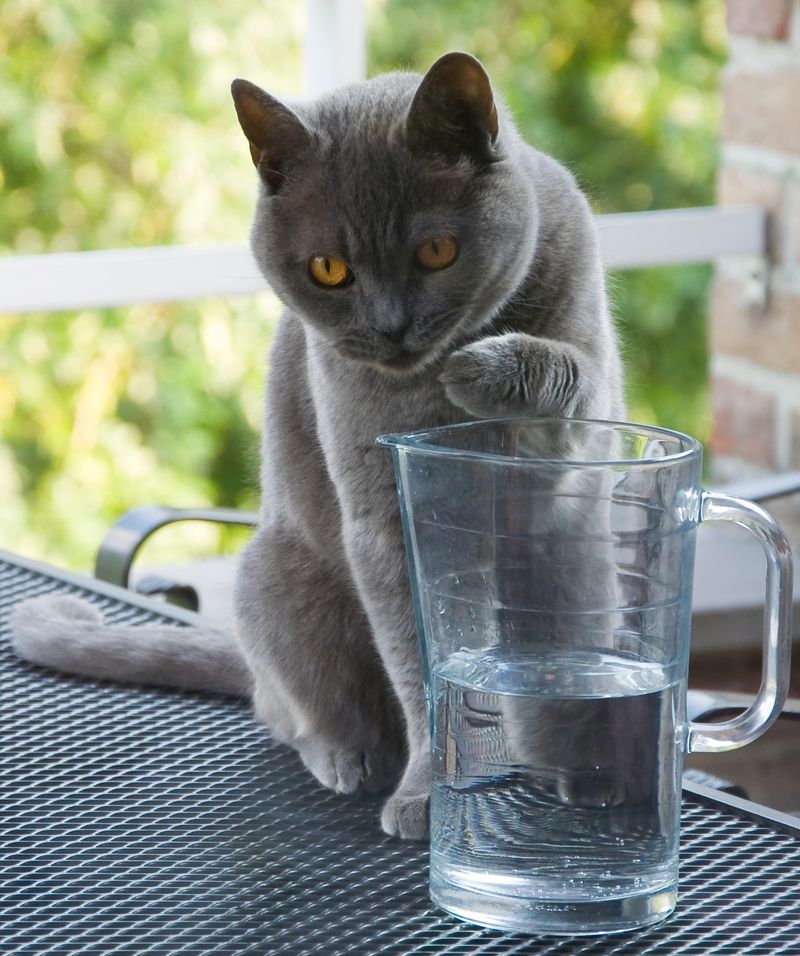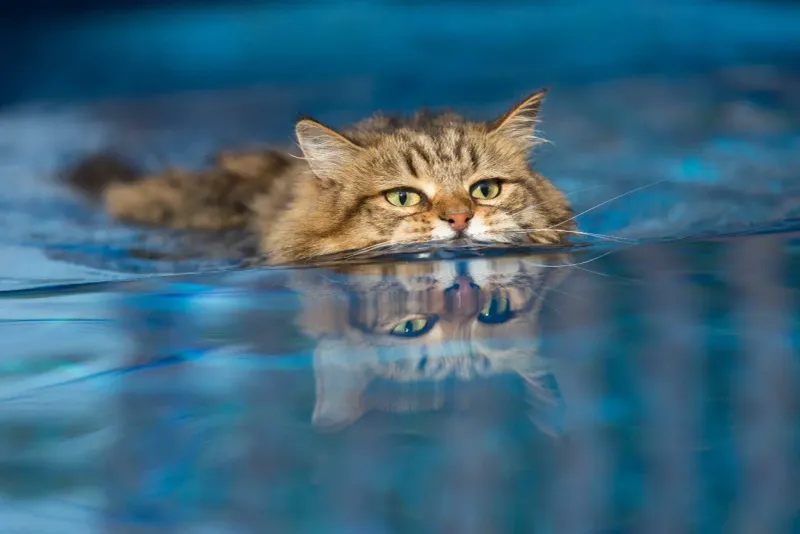📖 Table of Content:
Cats are fascinating creatures, known for their unique behaviors and mysterious ways. One common trait among many cats is their apparent dislike for water. While some cats may enjoy a bath or a swim, the majority seem to shy away from water.
This aversion has puzzled pet owners and scientists alike. In this blog post, we will explore ten compelling theories that attempt to explain why cats generally dislike water.
From evolutionary reasons to sensory sensitivities, each theory offers a different perspective on this intriguing feline behavior.
Whether you’re a cat owner or simply curious about animal behavior, these insights provide a deeper understanding of why our feline friends might prefer to stay dry.
1. Evolutionary Heritage
Cats, unlike many other animals, have evolved in arid environments where water was scarce. Their ancestors, such as the African wildcat, lived in desert regions where water wasn’t readily available. This historical background has shaped their behavior towards water.
In these dry habitats, avoiding water was essential for survival, as it helped them stay safe from predators that inhabited water sources. Additionally, wet fur could weigh them down, making them vulnerable. This ancient instinct still resonates with domestic cats today.
Being creatures of habit, domestic cats continue to follow these evolutionary instincts. The avoidance of water is a remnant of their wild past, reflecting a natural tendency to steer clear of what was once a perilous element in their ancestors’ lives.
2. Sensory Sensitivity
Cats are known for their acute senses, and their skin and whiskers are highly sensitive. Water can be an uncomfortable sensation for them. The feeling of wet fur is not only unpleasant but can also disrupt their finely tuned sensory perception.
When a cat’s fur gets wet, it can become heavy and cold, leading to discomfort. Moreover, the water can interfere with their whisker sensitivity, which they rely on for spatial awareness and hunting.
This heightened sensitivity means that even a small amount of water can be an unwelcome experience. It is not just the physical sensation but also the psychological discomfort that makes water a less-than-ideal element for these feline creatures. Understanding their sensory world helps explain their aversion.
3. Body Temperature Regulation
Cats have a unique way of regulating their body temperature, primarily through grooming. Wet fur can interfere with this self-regulating system, causing them to feel cold and uncomfortable.
When a cat’s fur is wet, it loses its insulating properties, making it difficult for the cat to maintain its body heat. This can lead to rapid heat loss, which is undesirable for these warm-blooded animals.
Grooming is not just about keeping clean; it’s a vital process for temperature control. Water disrupts this balance, making it challenging for cats to stay warm and cozy. The natural instinct to avoid water thus helps them maintain their thermal comfort.
4. Hydrophobic Fur
Cats possess fur that is somewhat hydrophobic, meaning it repels water to a certain extent. However, this does not mean they enjoy getting wet. The fur’s ability to repel water is limited, and once it becomes saturated, it can be very uncomfortable.
The water-repelling property helps to keep the skin dry in damp conditions, but it doesn’t prevent the fur from becoming soaked. This limited hydrophobic ability means that cats can quickly feel the negative effects of wetness.
Once water penetrates the outer layer, the undercoat becomes waterlogged, leading to a heavy, cold sensation. This partial hydrophobic nature of their fur contributes to their reluctance to immerse themselves in water.
5. Lack of Early Exposure
Many domestic cats are not exposed to water at a young age, leading to unfamiliarity and fear. Unlike some animals that are introduced to water early in life, cats often miss this experience.
This lack of exposure can result in anxiety and avoidance when they encounter water later on. Without positive early experiences, water can become a source of stress rather than an enjoyable element.
Introducing kittens to water gently and positively can help mitigate this fear. However, for many cats, the opportunity for early exposure is simply missed, leaving them with a natural inclination to avoid water. This aspect of their upbringing plays a significant role in their overall attitude towards water.
6. Territorial Concerns
Cats are territorial animals, and their territory involves scent marking. Water can wash away these scent markers, leading to discomfort and insecurity for the cat.
Their sense of security is closely tied to their environment and the presence of their scent. Water can disrupt this balance, causing anxiety and reluctance to engage with it.
This territorial nature means that water is not just an unfamiliar element but a potential threat to their established boundaries. Understanding this territorial instinct helps explain why cats might avoid water, as it could undermine their sense of control over their environment.
7. Primal Instincts
Cats have strong primal instincts that influence their behaviors, including their aversion to water. In the wild, water sources often attract predators, making them dangerous places.
This instinctual caution can carry over to domestic cats, who may view water as a potential threat. Their natural wariness makes them avoid water as a safety measure.
Primal instincts are deeply ingrained, guiding even the most domesticated cats. This natural inclination to steer clear of water is part of their survival strategy, reflecting a cautious approach to unfamiliar or potentially dangerous situations.
8. Disruption of Routine
Cats are creatures of habit, thriving on routine and predictability. Introducing water unexpectedly can disrupt their routine, leading to stress.
Water-related activities, such as baths, are not part of their daily routine, making them unfamiliar and unsettling. This disruption can cause anxiety and resistance.
Maintaining a consistent routine is key to a cat’s sense of security. Understanding their need for stability can help explain their aversion to water, as it represents a break from the norm. This aspect of their behavior highlights the importance of routine in their lives.
9. Preference for Dry Environments
Cats naturally prefer dry environments, which align with their evolutionary history. They are more comfortable in dry, warm places, where they can relax and feel secure.
This preference is evident in their choice of resting spots, often seeking out the driest, coziest areas in the home. Water, therefore, represents an unwelcome contrast to their preferred habitat.
Understanding this preference helps explain why many cats seem to dislike water. Their natural inclination towards dry surroundings is a key factor in their aversion, reflecting an inherent comfort in arid conditions. This preference shapes their behavior and interactions with water.
